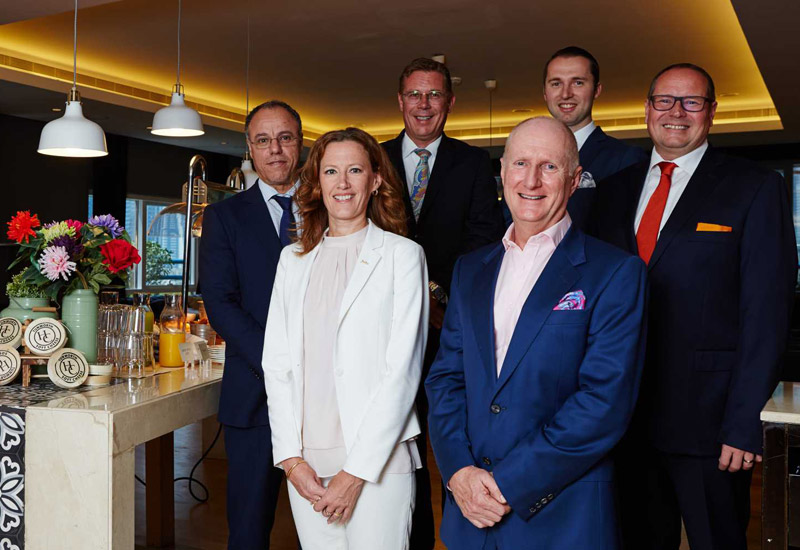HOTELIER: What about theme parks, as already mentioned, as an attraction for the regional guests and beyond? There’s also cultural tourism that’s being considered a focus — what do you think?
ANDREW: Our view is that it needs to settle in the long-term. Parks that are coming along will need to be all open before they really attract big volume. When the last attraction opens is when it will kick in as a viable destination.
ABDELLAH: Hotels here are very pro-active, they quickly forge partnerships with attractions, as is the case with Ferrari World, the water parks in Abu Dhabi, the water parks in Dubai. Most hotels offer packages that includes these attractions.

| Advertisement |
STEFAN: We are waiting for the Louvre to open and there is a lot of interest. Are we able to convert this into room nights or dollars?
MARIA: This is a longer-term perspective as well. We see that the government now is putting a lot of effort into heritage but that won’t happen overnight.
MARKUS: When you look at the Opera coming up, the Dubai Canal project and everything around it, then all the parks and entertainment… with 2020 Expo, it will be stunning. Maybe not short-term, but eventually it will be very positive. The destination is becoming much more urban and cosmopolitan, like London or New York.
ANDREW: One of the challenges with a pure leisure destination is that you become highly seasonal so getting a greater balance of cultural attractions which are typically outside of school holidays is very important for all of our businesses. But extreme focus on leisure brings extreme seasonality.
HOTELIER: We are also noticing governments focusing on the MICE sector more than ever before. How lucrative is that market for you as hoteliers?
MARIA: Dubai is doing enough when it comes to exhibitions, but I think we could do so much more to get large MICE events. You were talking about us being a leisure destination, so we need to make us a more a business destination, get large conventions.
ABDELLAH: We only have a half a dozen big conventions that fill up the city. It does us a lot of good.
MARIA: There are so many medical conventions going on all over the world all the time and I don’t see that here.
STEFAN: Large conferences, say in Dallas or Hong Kong, have a lot of backing from the tourism offices, with the airlines and hotels together. As hoteliers we can come up with rates in different segments, but this needs a lot of involvement from the government because the convention bureau has to bring them.
MARIA: This has to be co-ordinated, and most of the hotels need to come on board and promise at a specific time that they give away a certain amount of rooms to a limited amount of money as well — because the problem is, whenever we hear as a hotelier that a conference is coming, what do we do? Rates up. And we scare off our customers instead. Getting them here and not triple our rates — that’s kind of short-sighted.
ANDREW: The challenge we have is convention space. There’s pretty good exhibition space but when you start looking at big associations, like bar associations or medical associations where you’ve got 5,000 or 8,000 delegates coming, sometimes with partners... Those are massive investments because they spent most of the time empty. But when they are full they make a lot of money for the city.
STEFAN: I’m dealing with my neighbours who are soon to open and we are trying to work together. It’s amazing if you put the facts together. We have more than 1,000 rooms and 23,000m2 of banqueting space together… these are the hard facts. Combined we have more than 100 sales people on the road to sell this product — five hotels and 100 people in the sales team. There is a lot of synergy but it’s not easy; it makes sense for clusters to create demand.
ANDREW: This goes back to the challenge of the actual convention and meeting space. So you’ve got the rooms, but do you have a single space that’s big enough? You can’t get 2,000 or 3,000 people in a room.









 Search our database of more than 2,700 industry companies
Search our database of more than 2,700 industry companies









